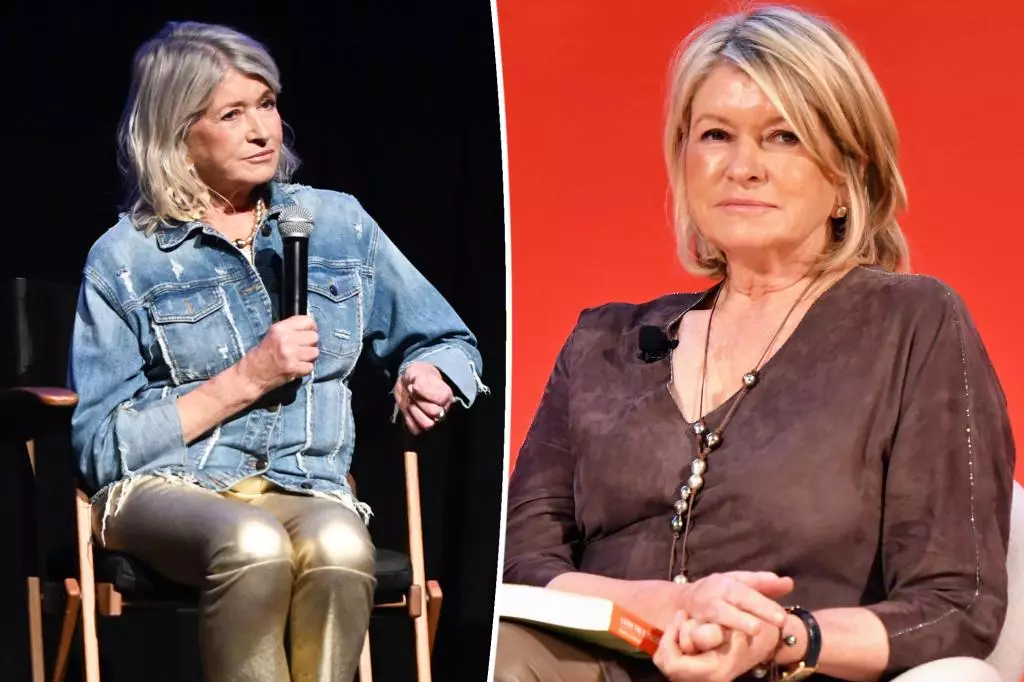The cinematic realm is abuzz with discontent as buzzworthy personality Martha Stewart finds herself at odds with Netflix over the release of her documentary titled “Martha.” Initial reports suggest that the streaming giant is less than pleased with Stewart’s public critique of the film, particularly after it was revealed that they went to great lengths, including a private jet, to ensure her presence at the premiere during the 2024 Telluride Film Festival. A well-placed source indicated, “As you can imagine, Netflix is pissed,” capturing the tension brewing behind the scenes.
At a recent business event, the 83-year-old lifestyle mogul didn’t hold back her opinions when she referred to the documentary as “lazy” and lamented that it failed to encapsulate her true character. This critique came during a Q&A session at the 2024 Retail Influencer CEO Forum, where Stewart expressed her dissatisfaction with the film’s narrative direction—particularly the handling of her legal past. She articulated her concern over director R.J. Cutler’s unwillingness to adapt the film in line with her collaborative feedback, labeling the depiction of her infamous trial as an unwarranted focus.
Stewart’s comments stood out, especially as she commented on the downfalls of discussing unfavorable subjects publicly, indicating a nuanced understanding of both business ethics and the art of storytelling. The icon, known for her meticulous control over her public persona, appeared candid, remarking that she could “talk a little bit badly” about the documentary, a rare glimpse into her dissatisfaction.
One of the more striking points of contention was the film’s exploration of Stewart’s tumultuous trial and the manner in which prominent figures, such as James Comey, were portrayed. Stewart’s vocal objections highlight the delicate balance filmmakers must navigate when dealing with the multifaceted aspects of their subjects’ lives, especially when those narratives intersect with legal and ethical dilemmas.
As public discourse around the film continues, the intrigue surrounding Stewart’s experience raises broader questions about artistic control versus the storytelling process. Stewart’s strategic insights extend beyond just personal displeasure; they reveal the complexities of creating a biographical documentary that seeks to reflect both an individual’s legacy and the darker chapters of their history.
Adding an intriguing twist to the story, Stewart hinted at potential future collaborations with Netflix, as she stated, “Netflix has already asked me if I’d do another one.” This indicates that despite the current friction, both parties may find common ground moving forward. The forthcoming documentary, set to debut on October 30, holds significant potential for exploration beyond the initial controversies.
The recent developments encapsulate a pivotal moment for both Stewart and Netflix, highlighting the profound impact of personal narratives within the documentary format. As viewers await the film’s release, the evolving dynamics between the domestic icon and the streaming powerhouse remain an engaging storyline in themselves. Will this rift enhance the interest in the film, or will it complicate the audience’s engagement with Stewart’s story? Only time will tell as the documentary lore unfolds.


Leave a Reply